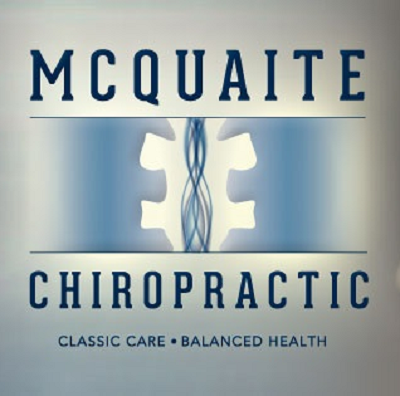Have you ever felt an unusual pain or stiffness in your thighs or groin? Sometimes people who suffer from hip impingement feel a pain deep in the glutes or feel their hips pop when bending over or moving forward.
Unfortunately, not much is known about the cause of hip impingement. But what’s certain is you want to find pain relief.
What is Hip Impingement?
Imagine a cup with a small ball inside. Got that image in your head? Now apply that picture to your hip socket. Doctors refer to the ball of your hip as a “femoral head.” Your hip curves into a “cup” shape called an acetabulum. The acetabulum is surrounded by cartilage. Sometimes the cartilage gets pinched. Hence, hip impingement or what the medical establishment calls, femoroacetabular impingement (FAI.)
According to Hopkins Medicine, there are two types of Hip Impingements (FAI). One occurs due to a deformity in the femoral head and the other type is due to an abnormal shape of the acetabulum (the cup.) Imagine if the cup is misshapen and covers too much of the femoral head. That can lead to painful friction. It’s one example of how a hip impingement can present to your medical professional. It’s also possible to have a combination of the two.
Hip impingement can be an early sign of osteoarthritis.
Symptoms of a Hip Impingement
The symptoms can vary from person to person, but these are common issues:
-
- Pain after sitting for long periods
- Pain as you rotate your hip
- Pain while and/or after running
- Stiffness of the hip, groin, or thigh
You’ll know the difference between pain from an overzealous exercise class and chronic hip pain.
Diagnosis
A physical examination and imaging tests can help your medical professional assess hip impingement. For example:
- X-ray
- Magnetic Resonance Imaging (MRI)
- CT Scan
Many chiropractors offer X-rays and can make further referrals if you’re seeking a natural pain relief solution. Yet, other things can also cause hip pain. For example, a pinched nerve or sciatica can both be painful (and chiro care can help them too.)
Seeking Non-surgical Relief? A Chiropractor Can Help!
Firstly, your chiropractor may diagnose your hip impingement and offer you exercises to strengthen your core and lower back. In some cases, better posture and an ergonomic work area will help. What won’t help is ignoring the pain. You can take an over-the-counter pain killer like Ibuprofen but it only masks the systems so you’ll want to dig deeper.
When you take a proactive, surgical-free approach to pain relief, you know you need the right chiropractor or other medical professional and strength training. For example, an exercise program focusing on mobility and strength is core to natural pain relief and aging gracefully. You may find a therapeutic yoga class helps or a combination of massage therapy and chiropractic care with gentle yoga.
There’s no doubt, everyone’s body is different. Yet, in Doylestown, Pa, Dr. Jeff Mcquaite can help you feel your best through traditional chiropractic care. McQuaite chiropractic takes most insurance and offers a free consultation.



